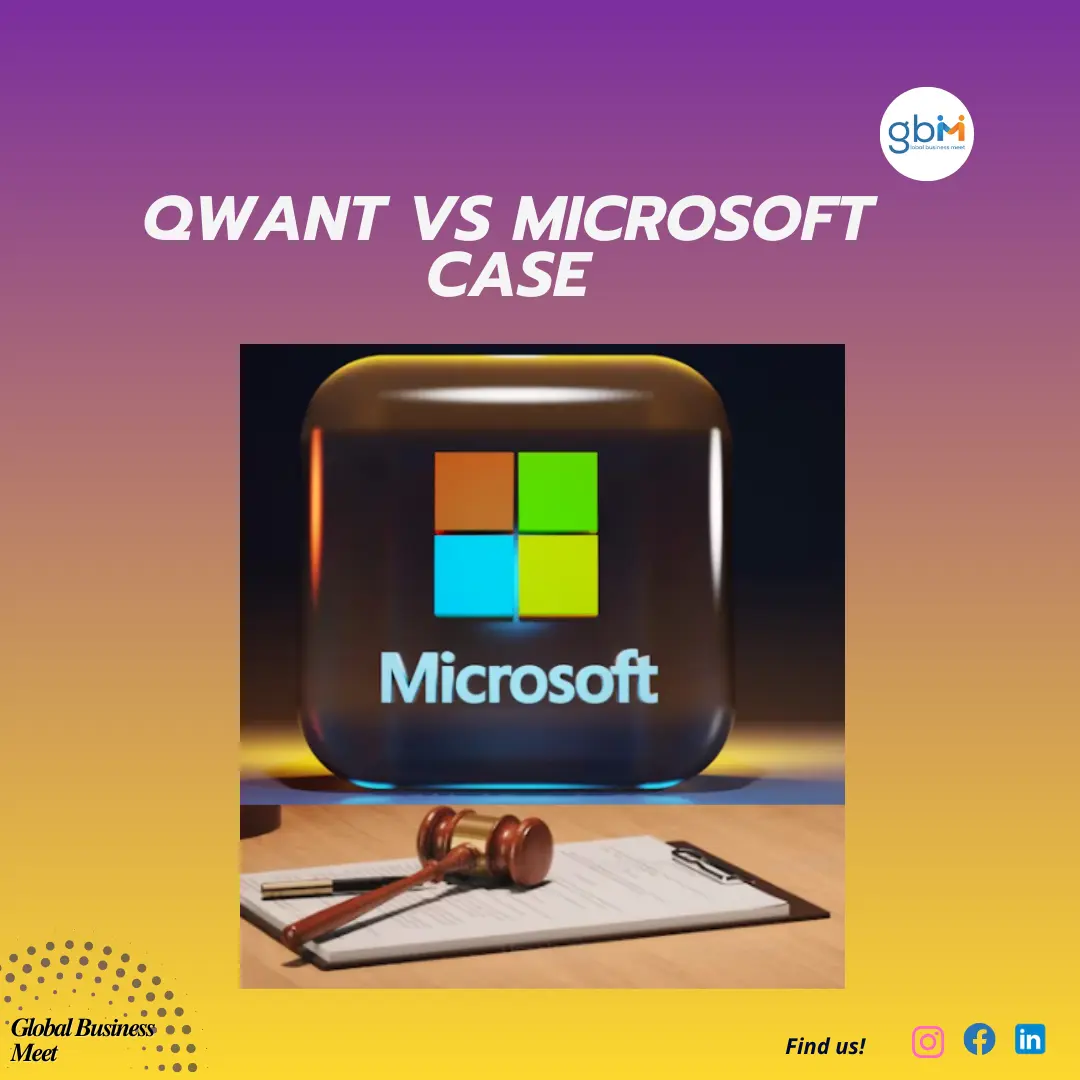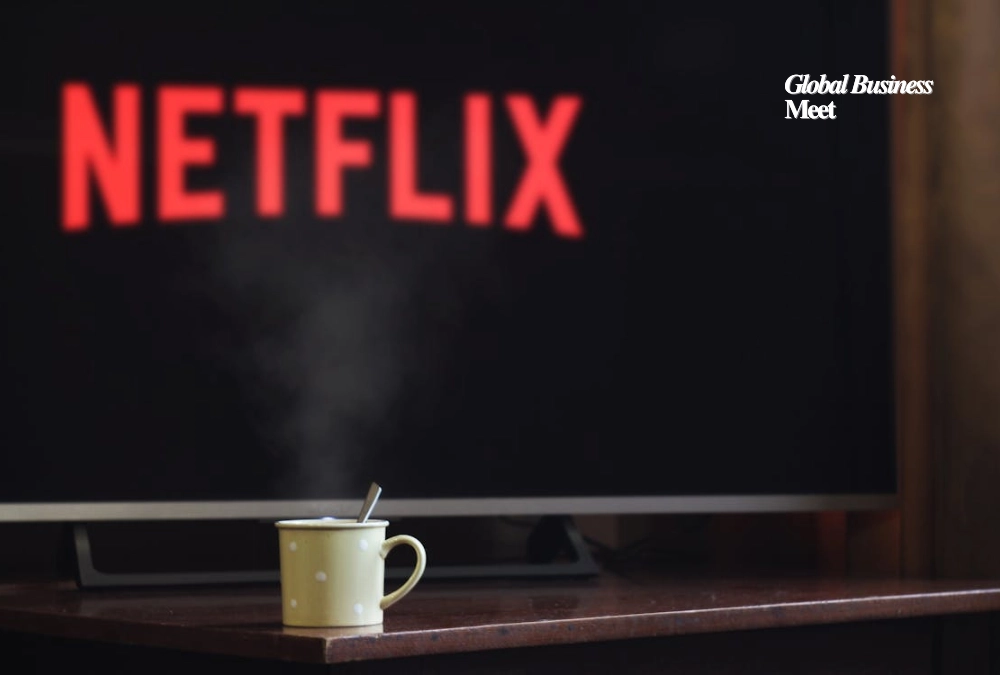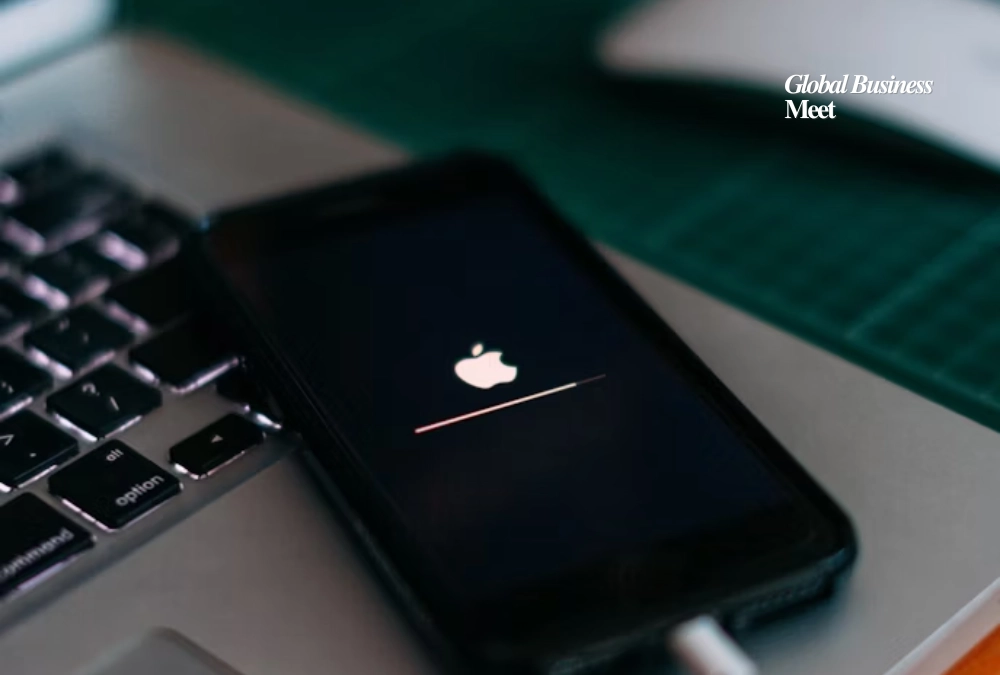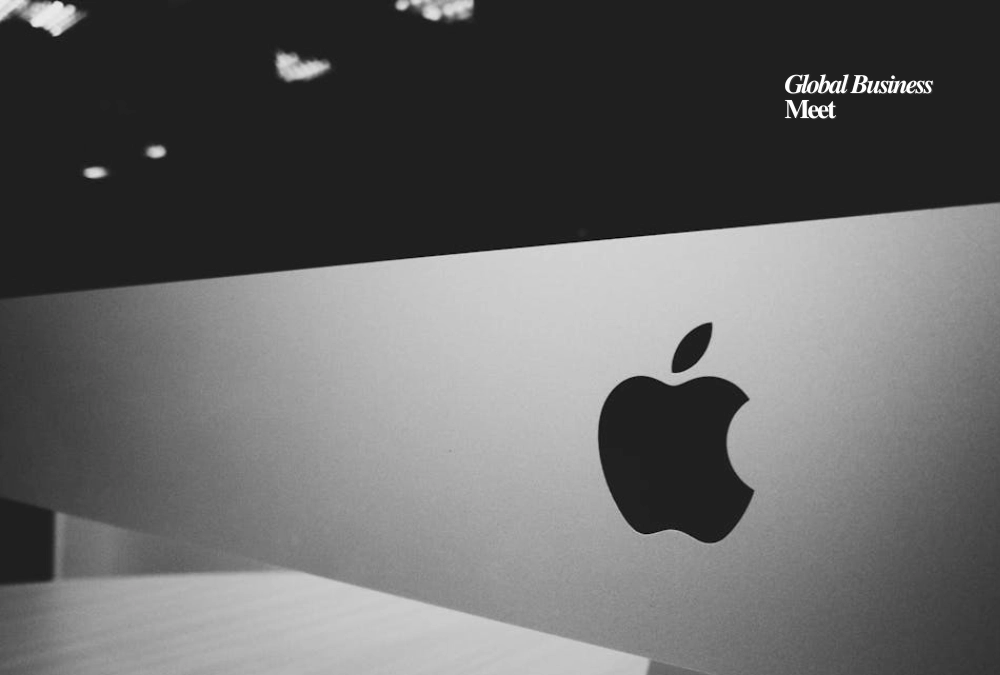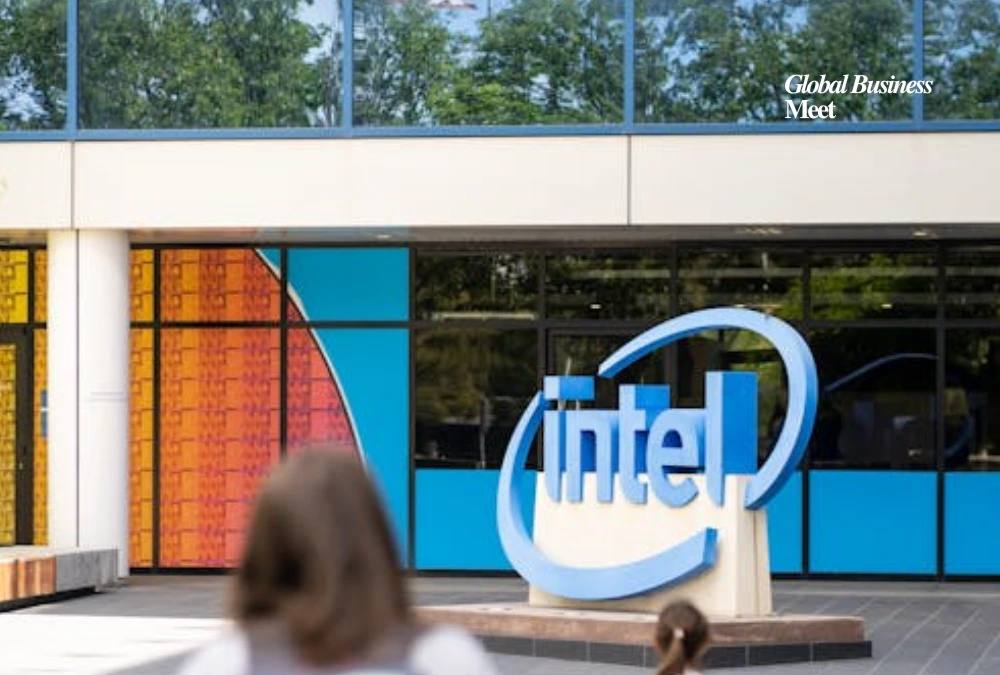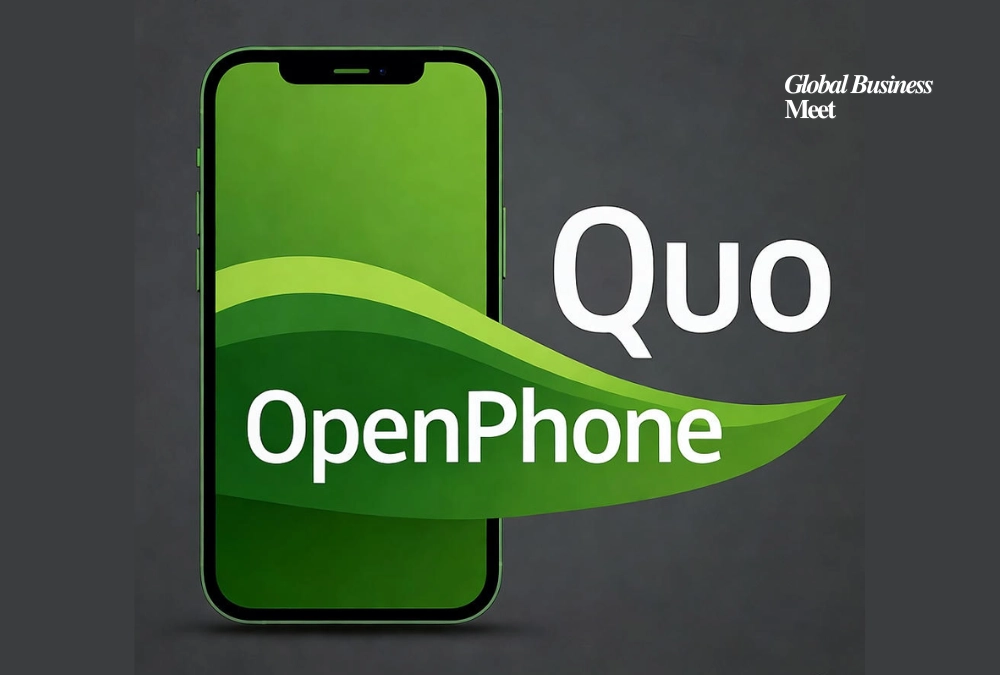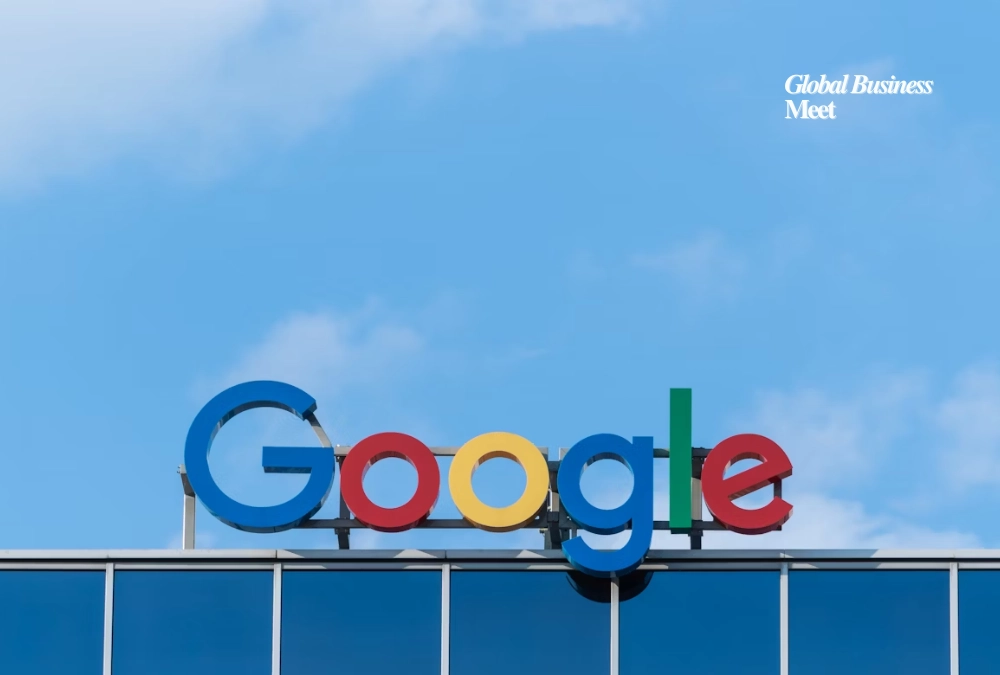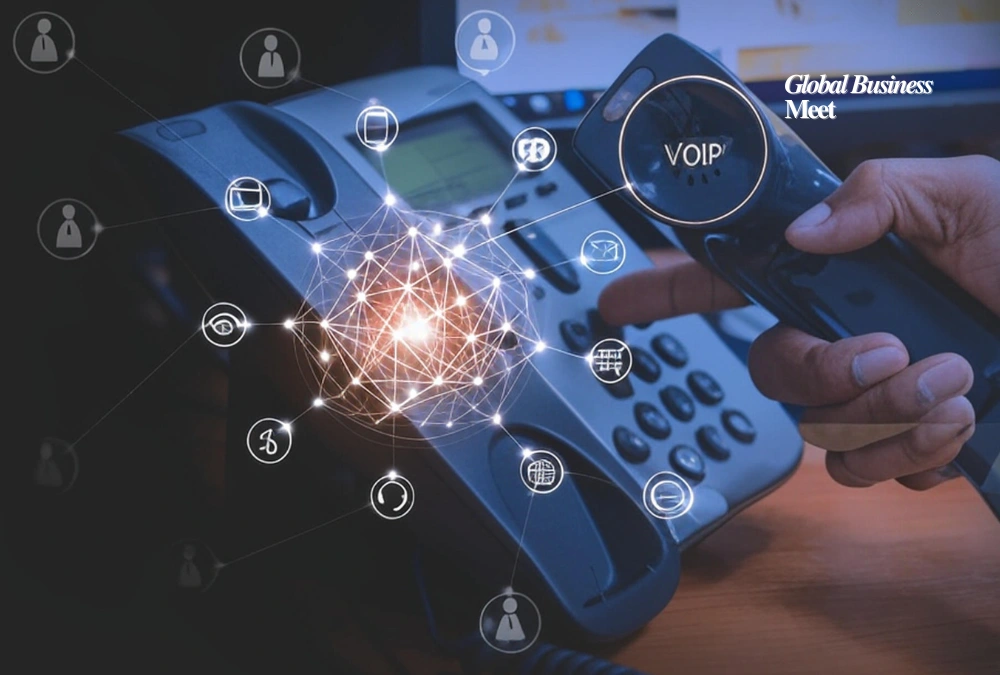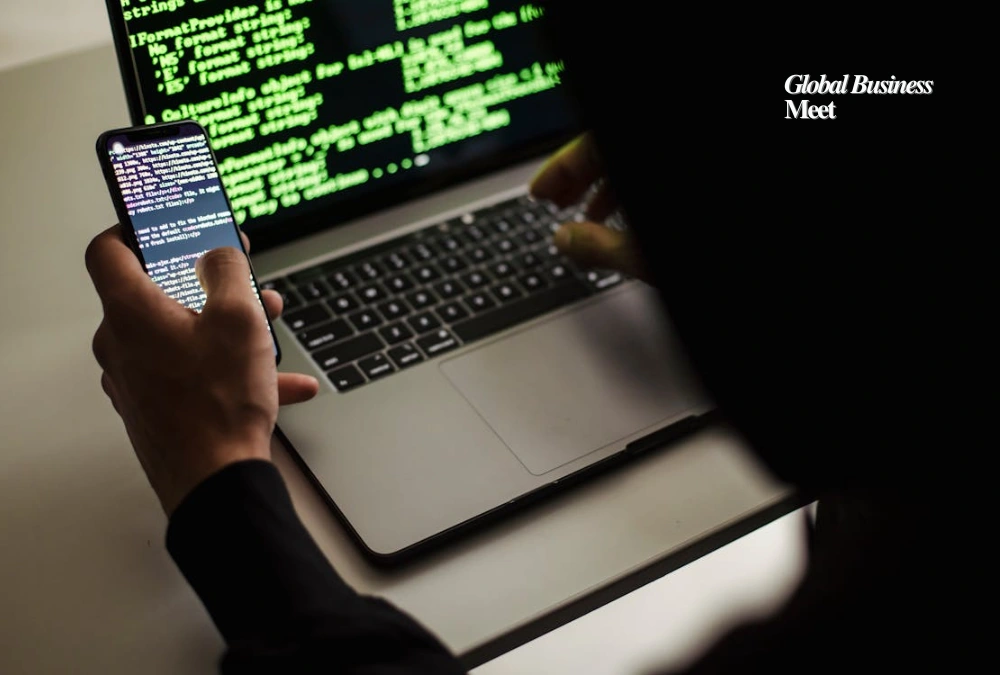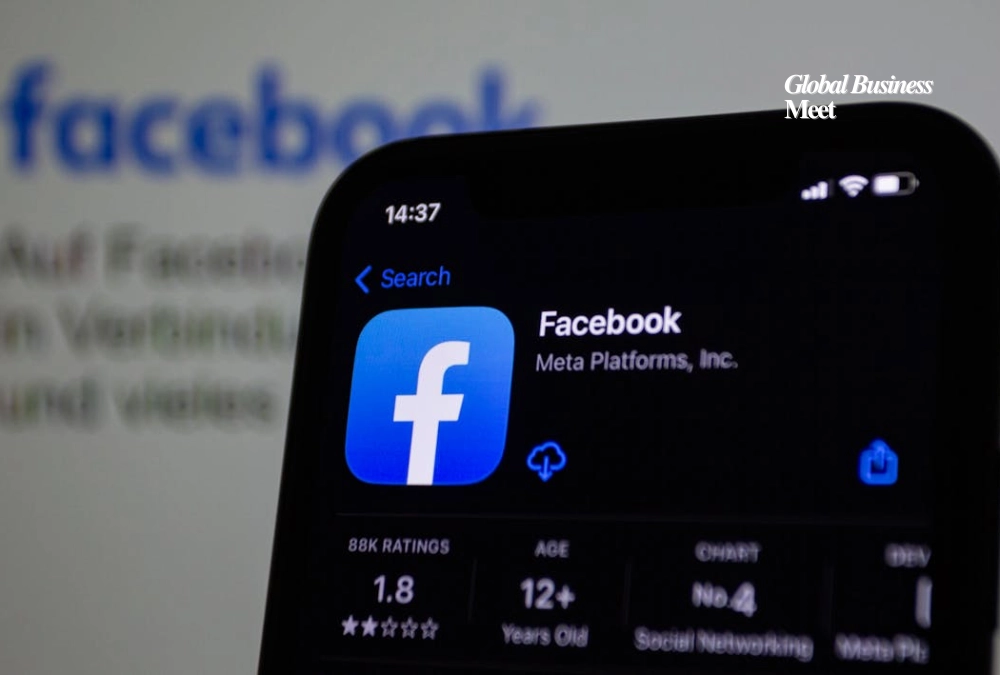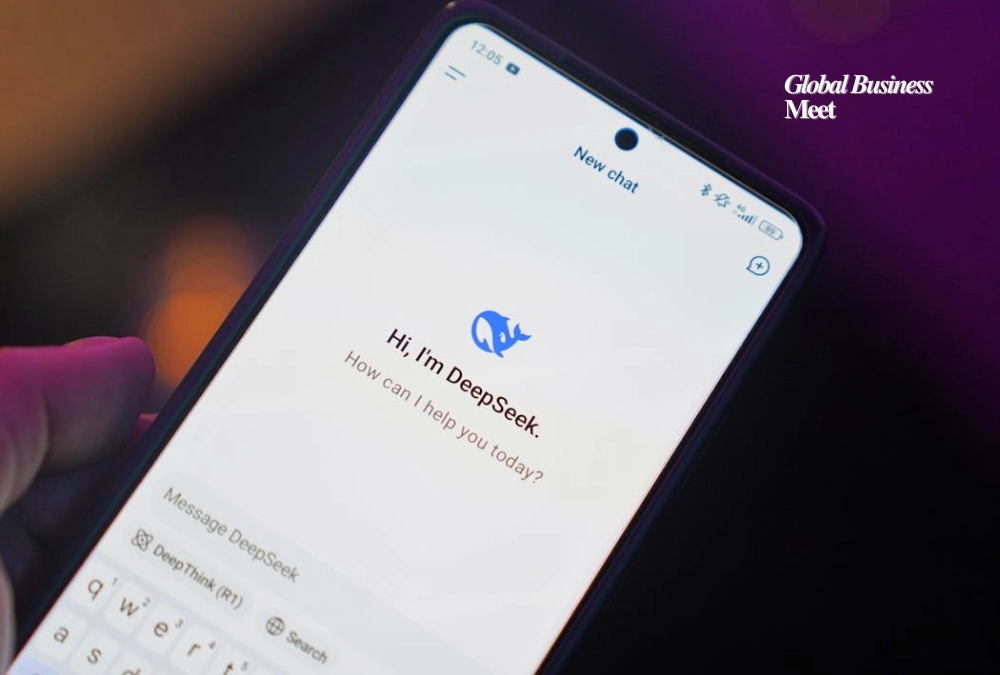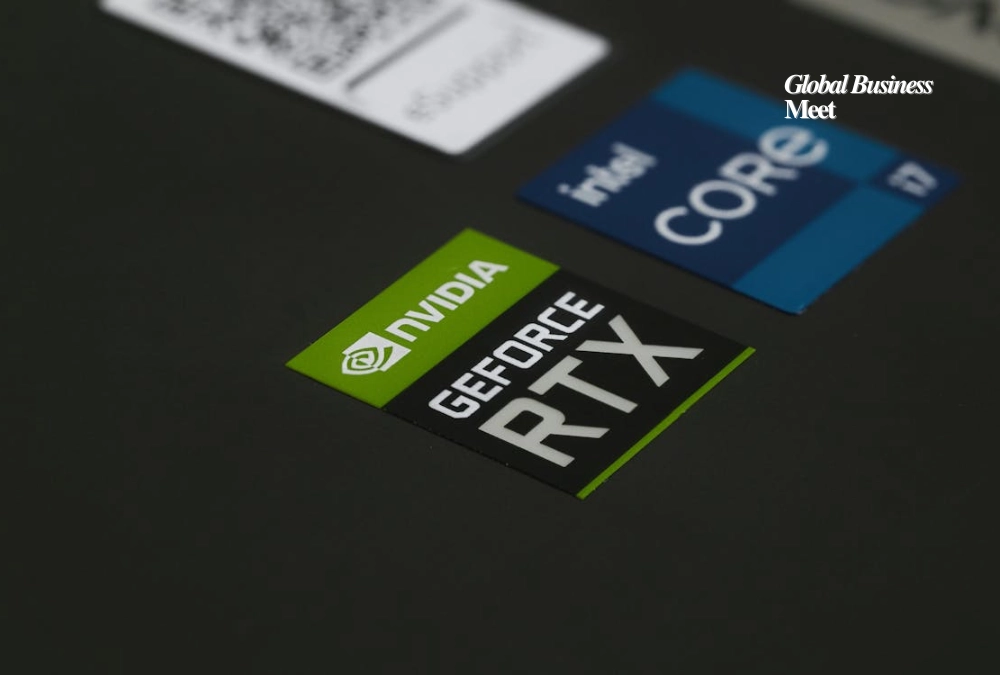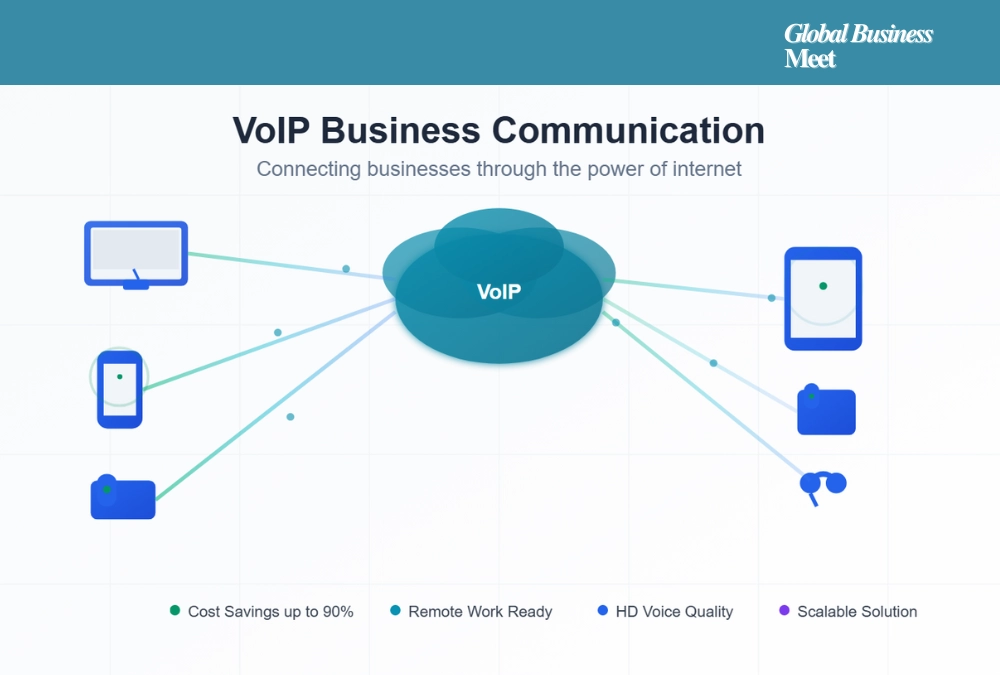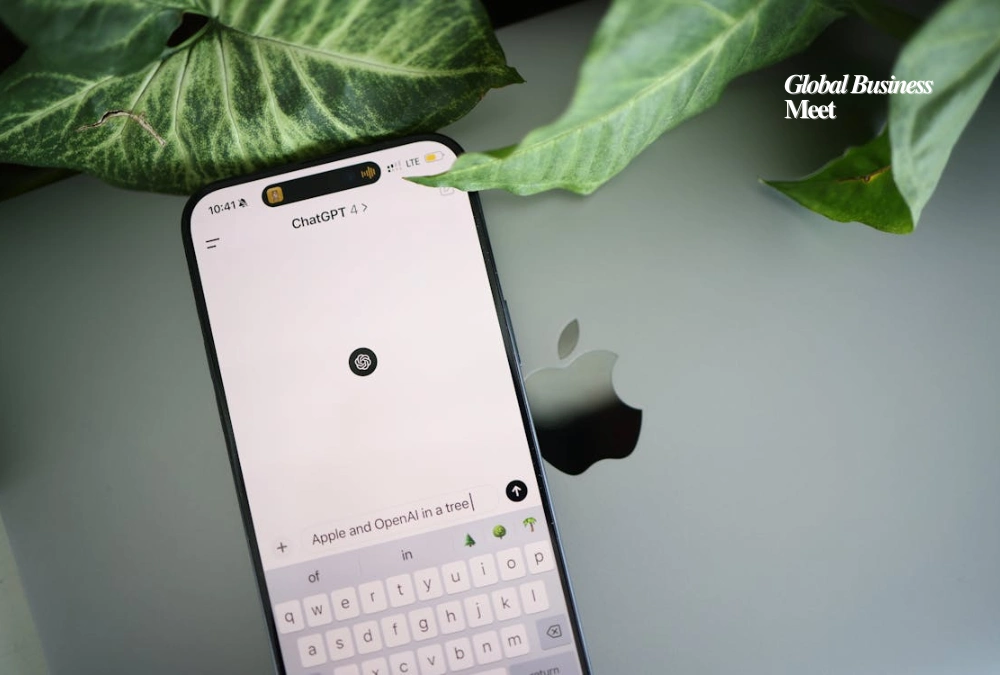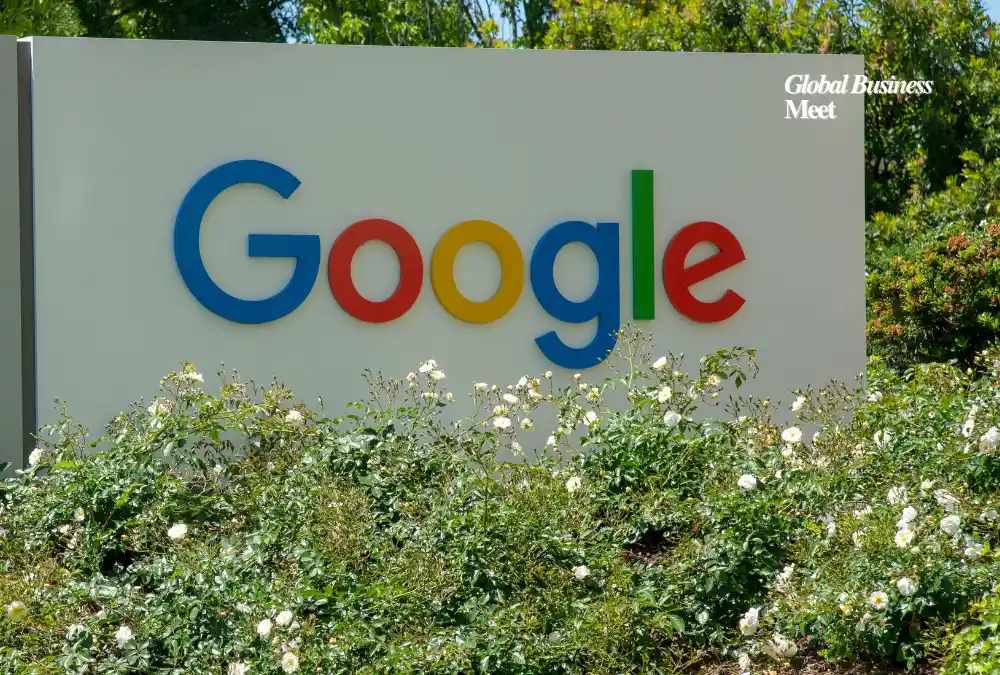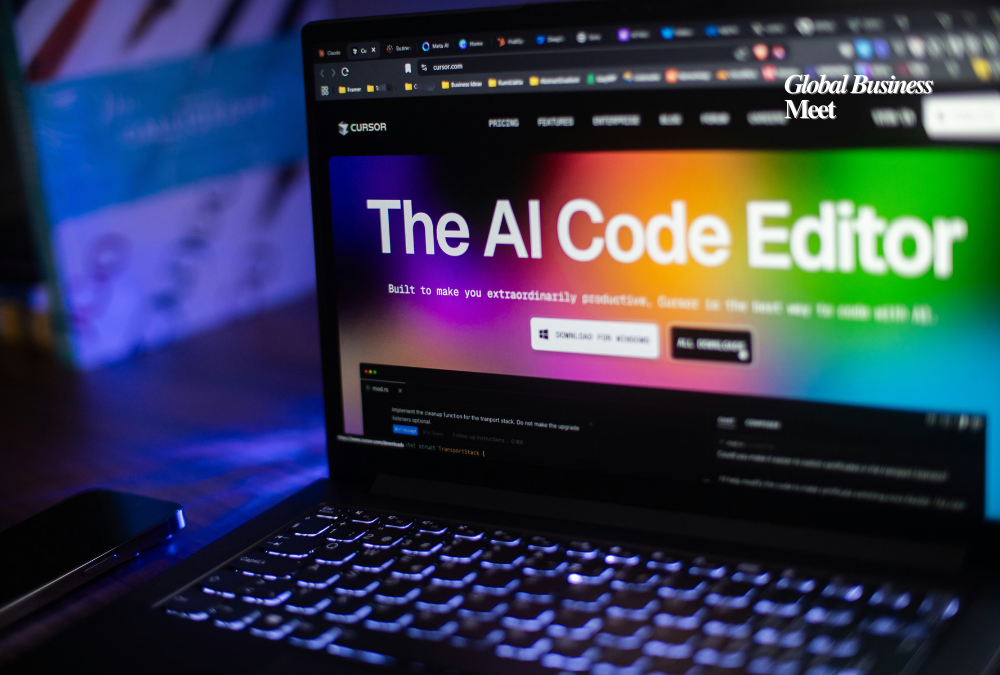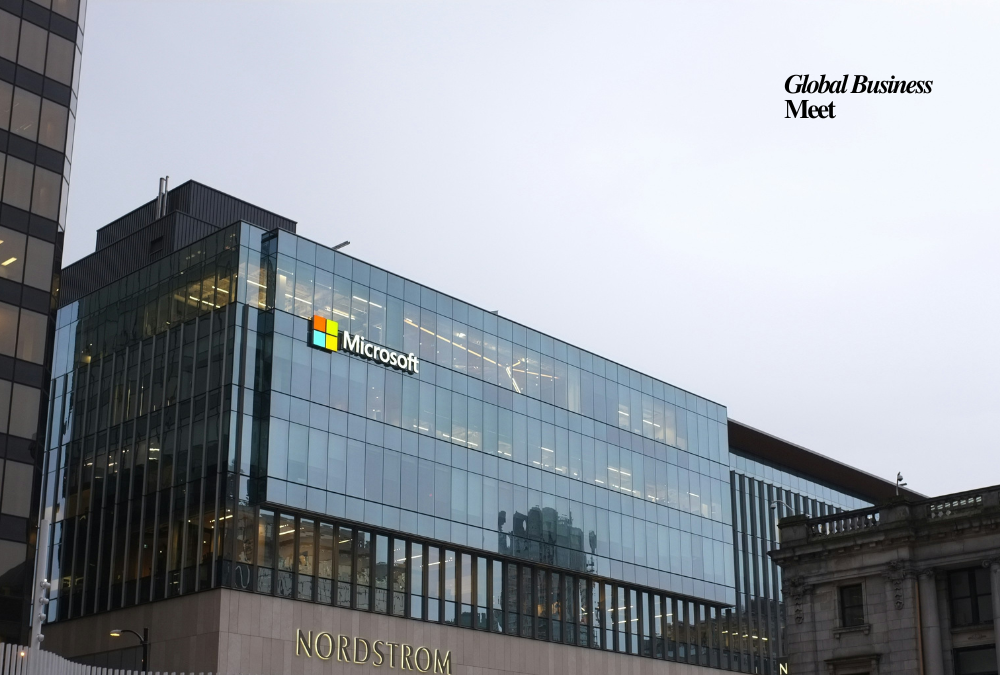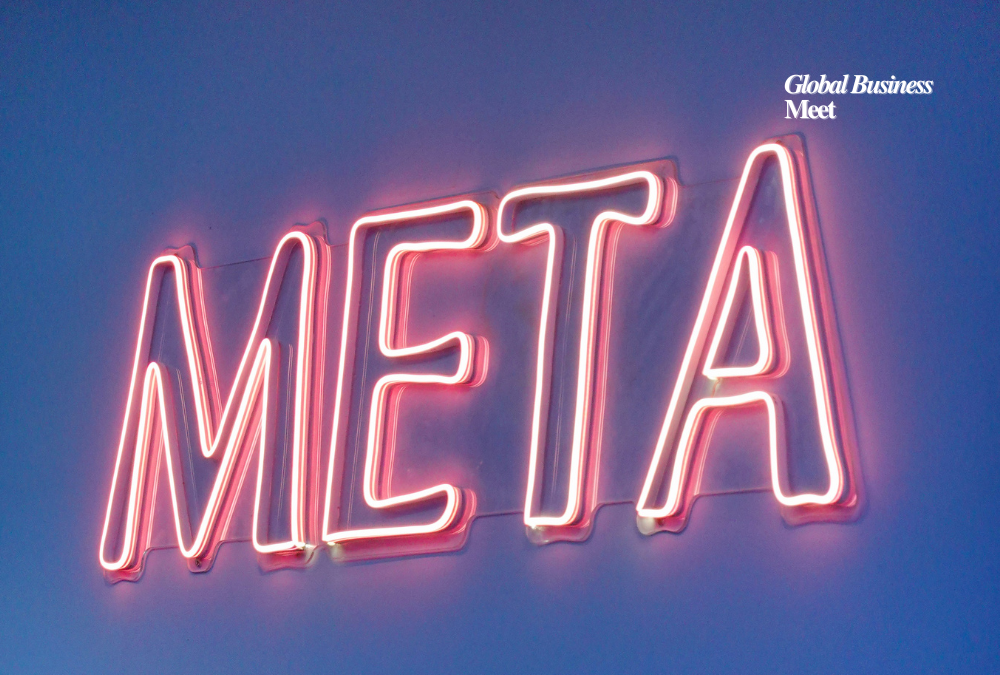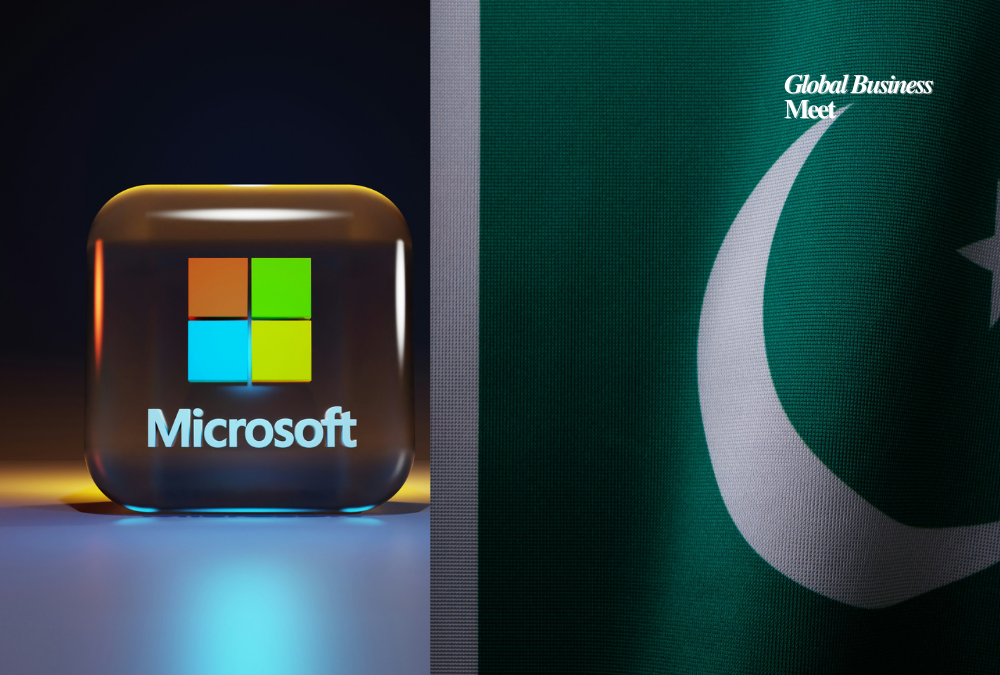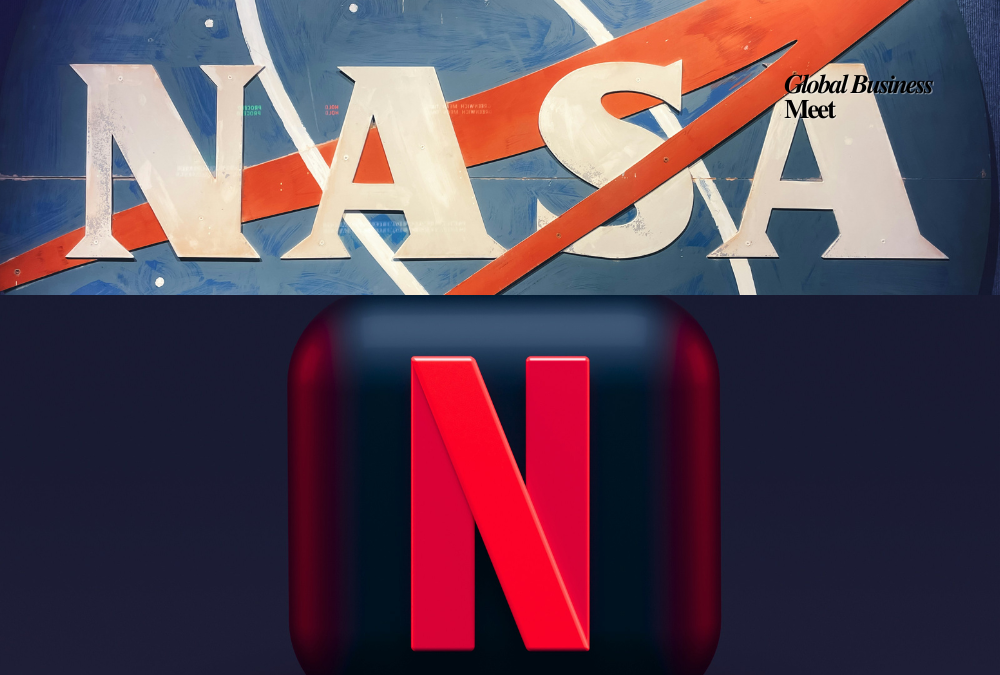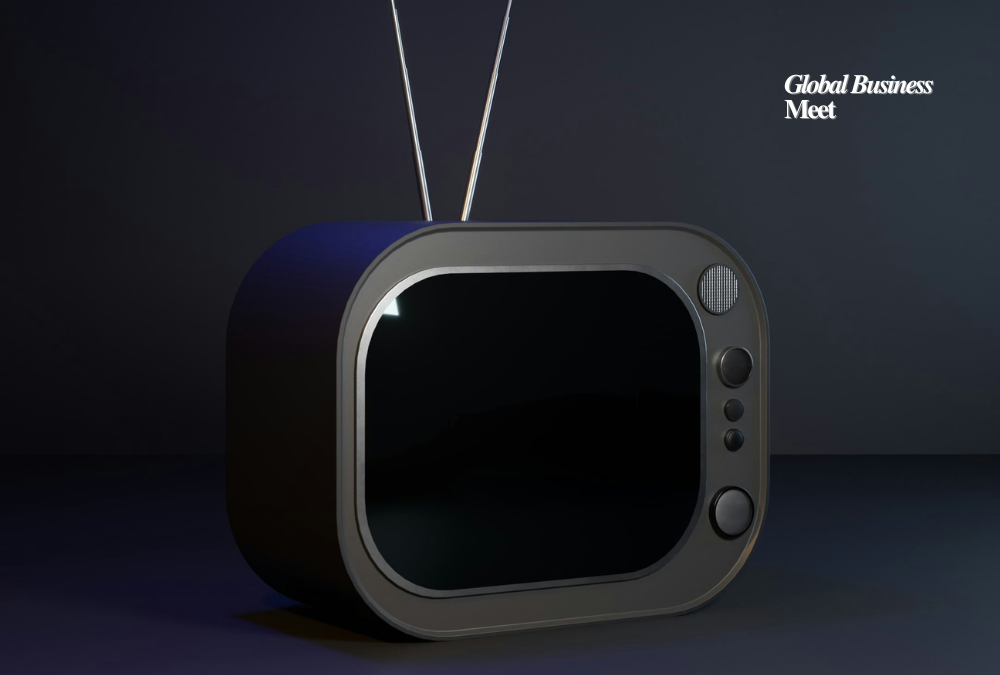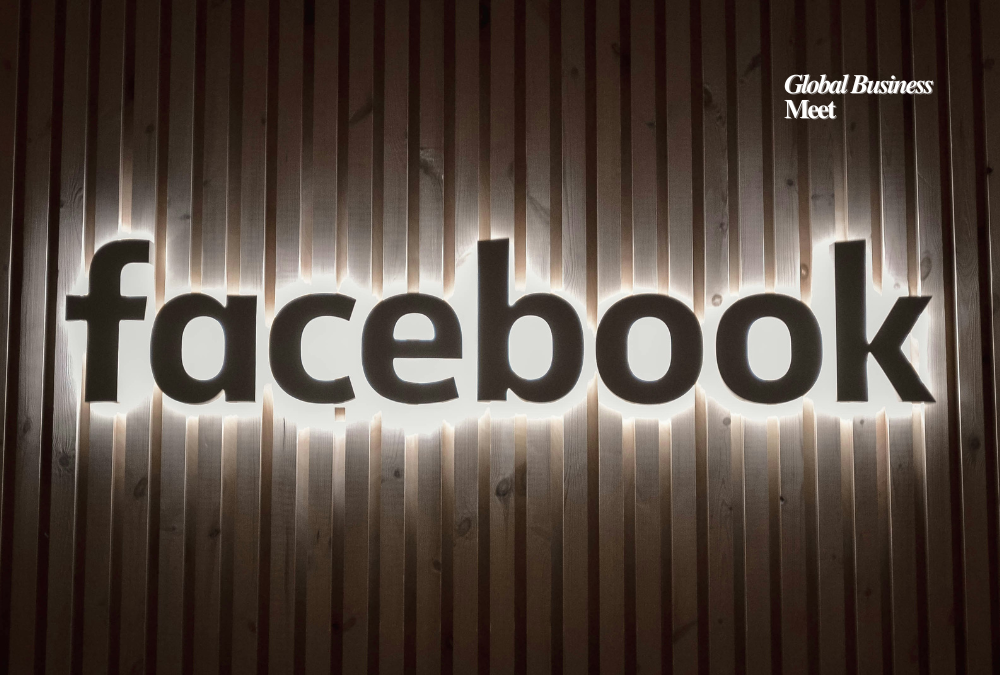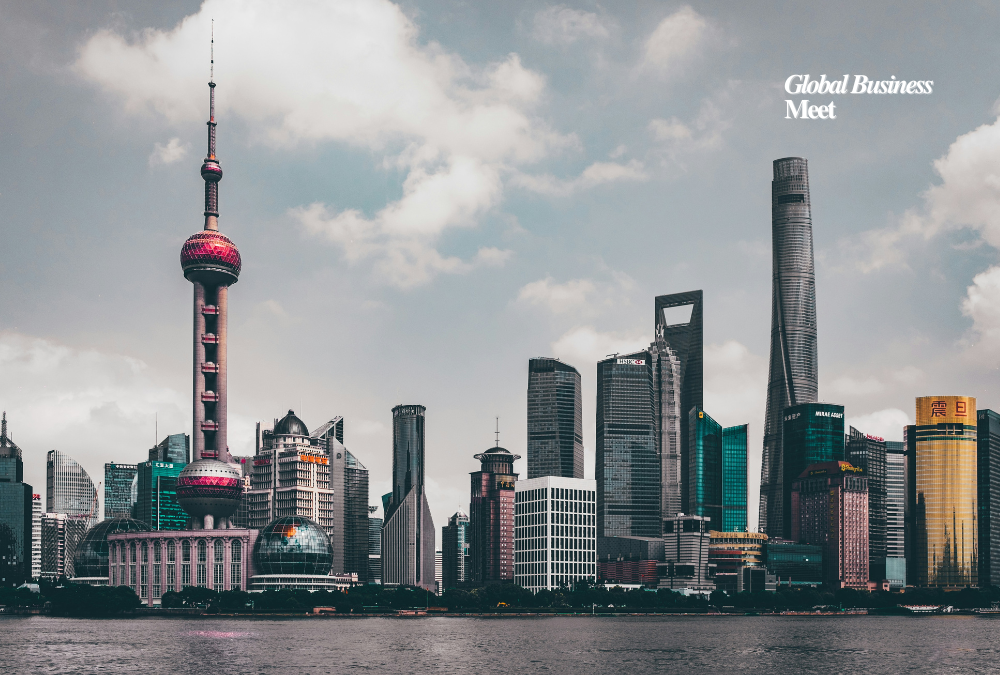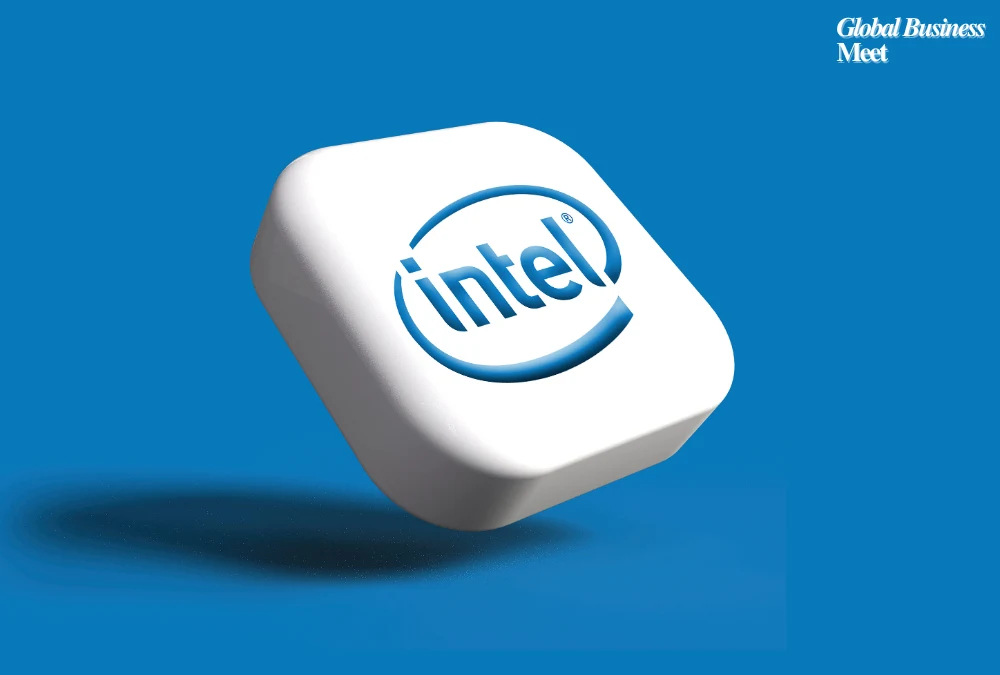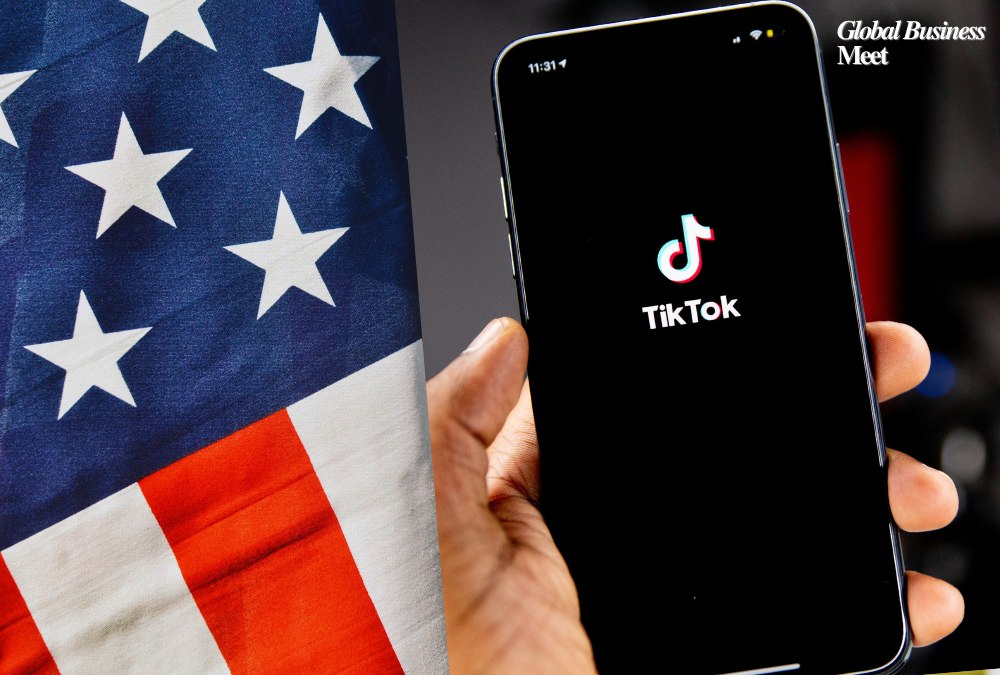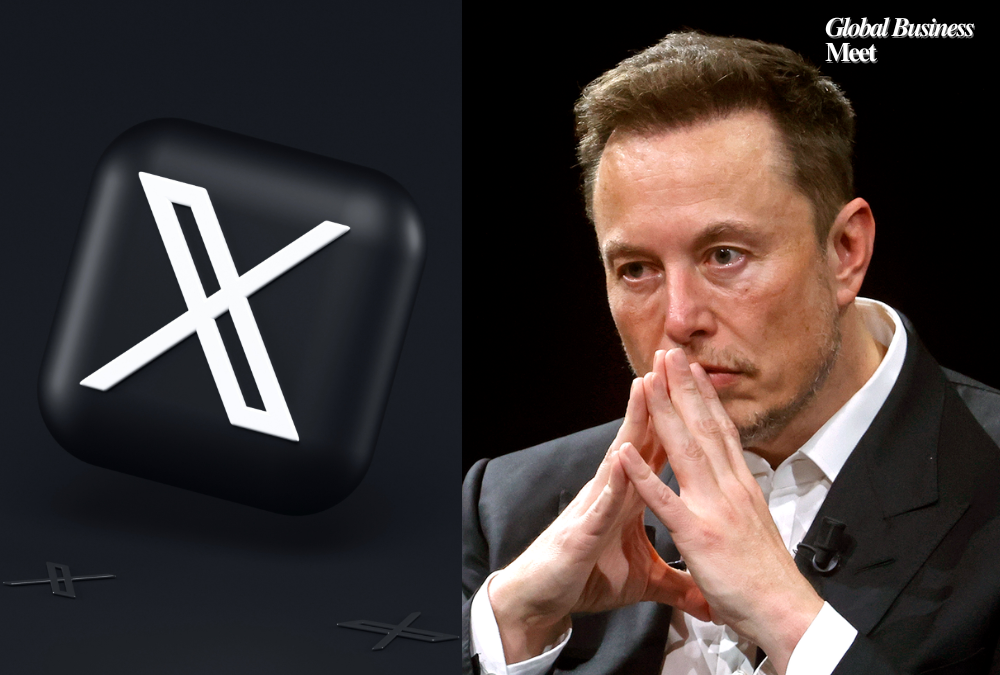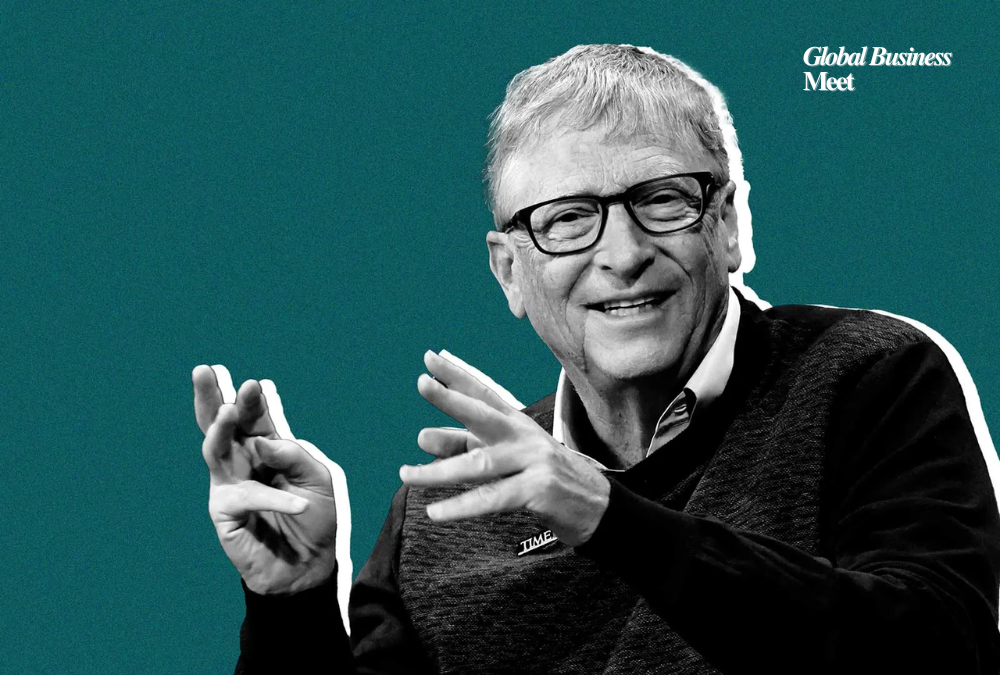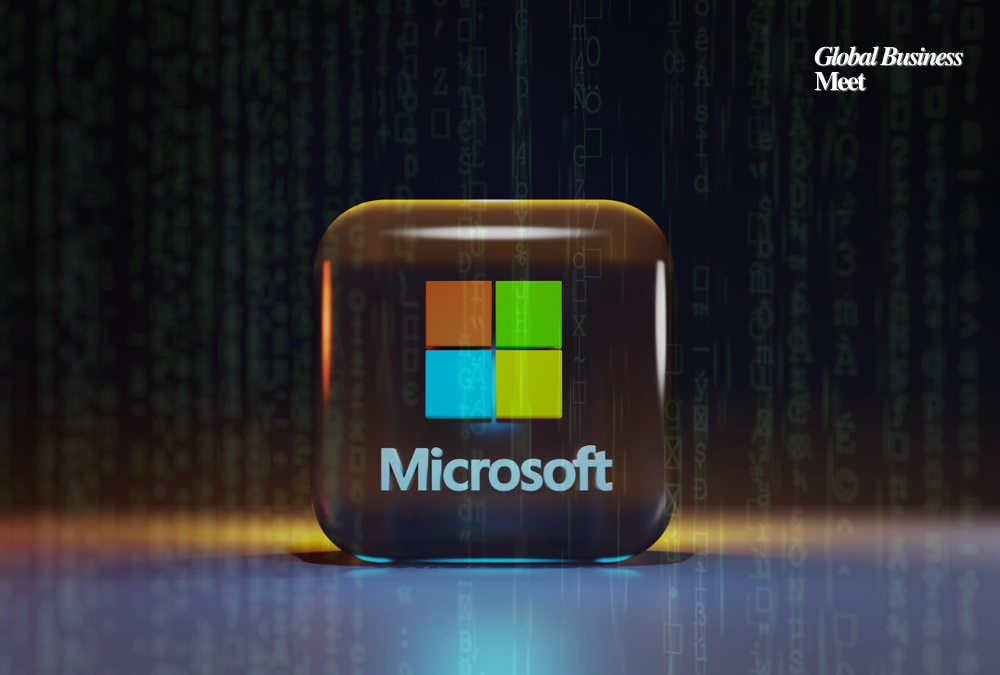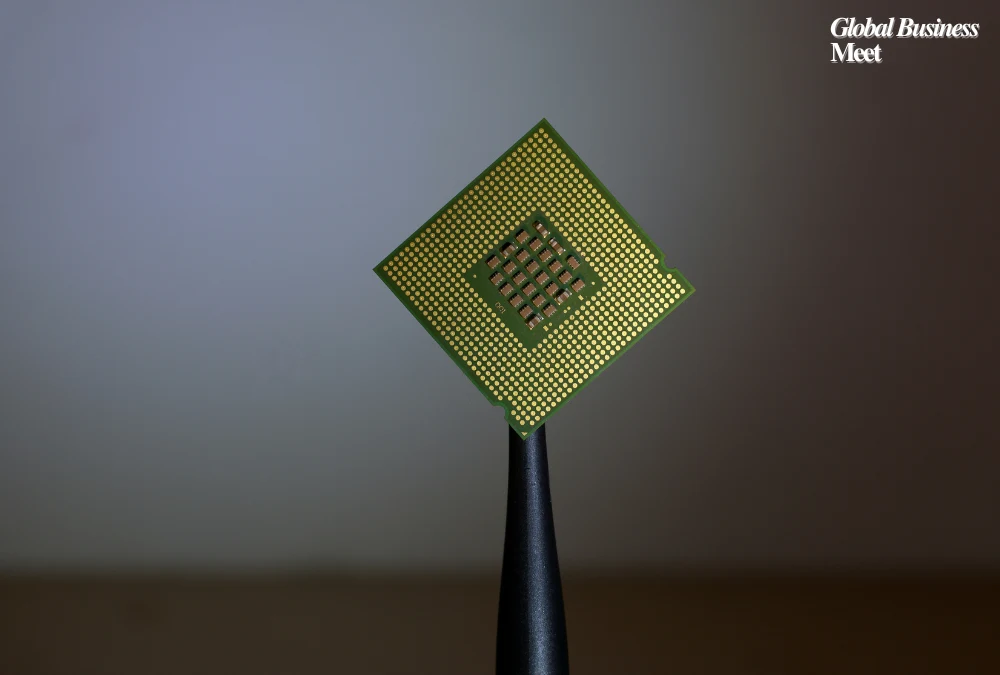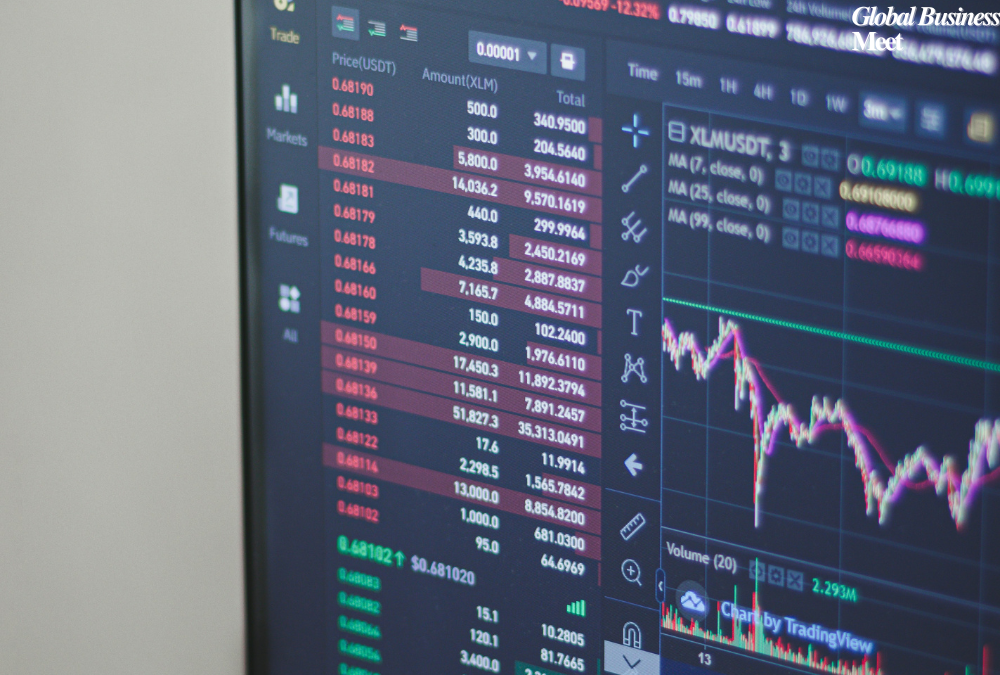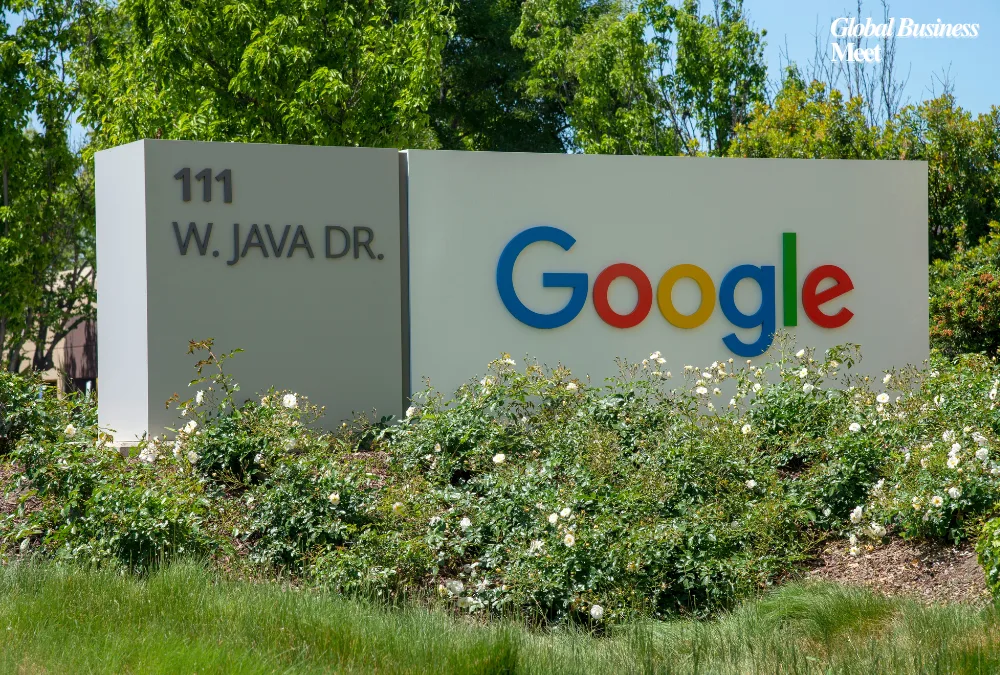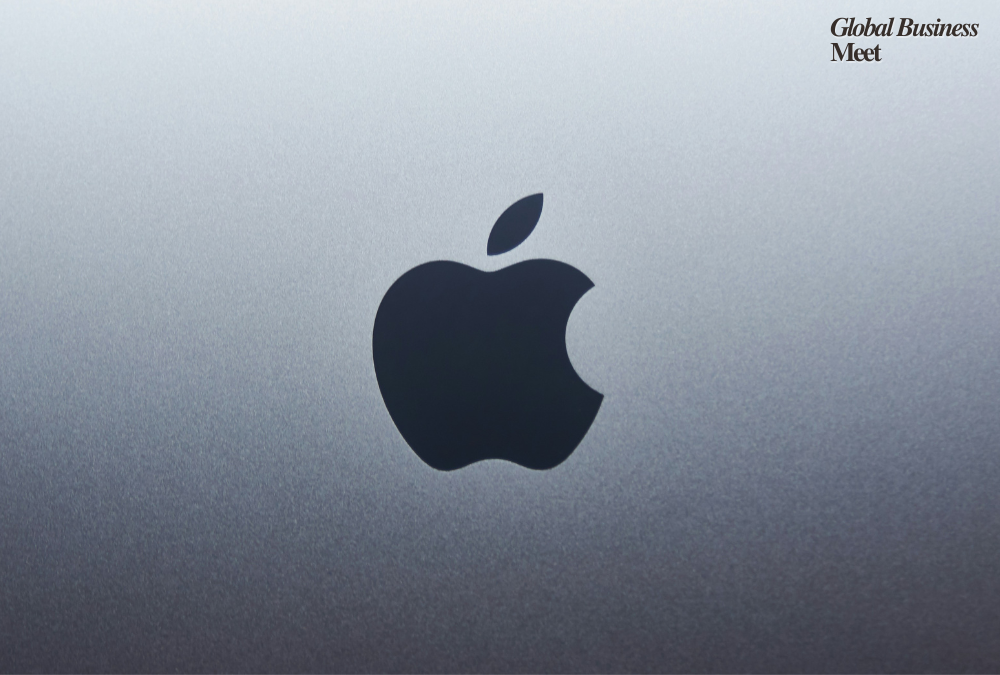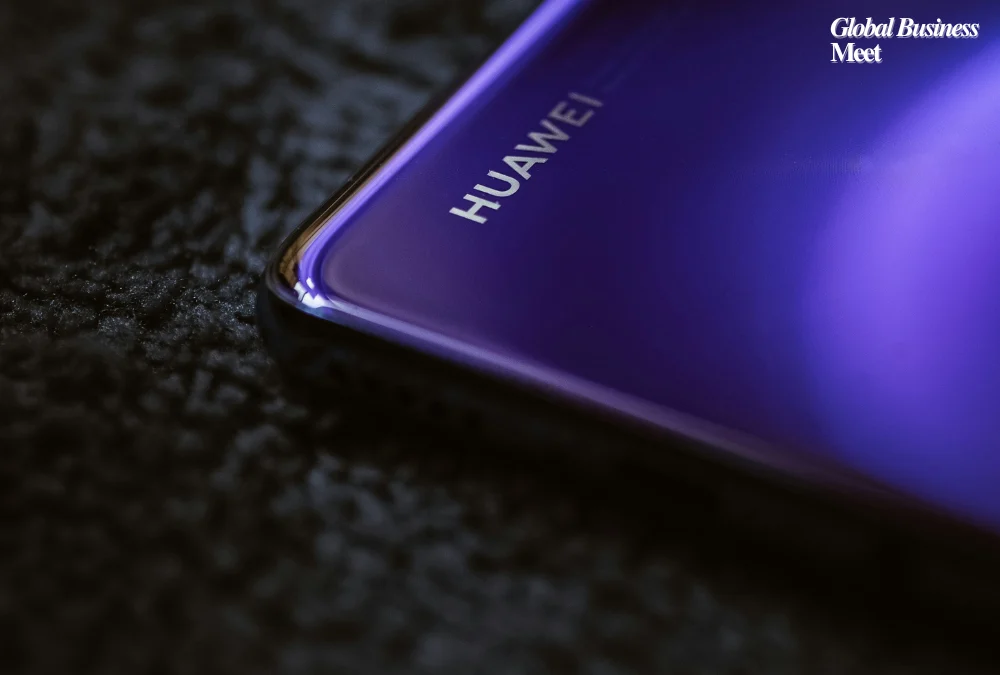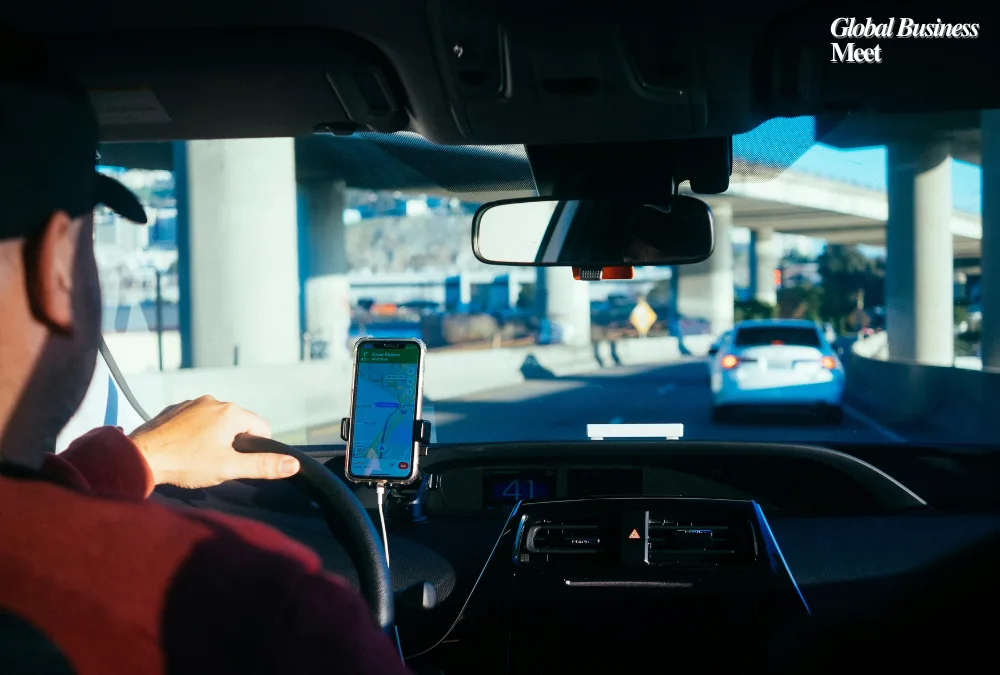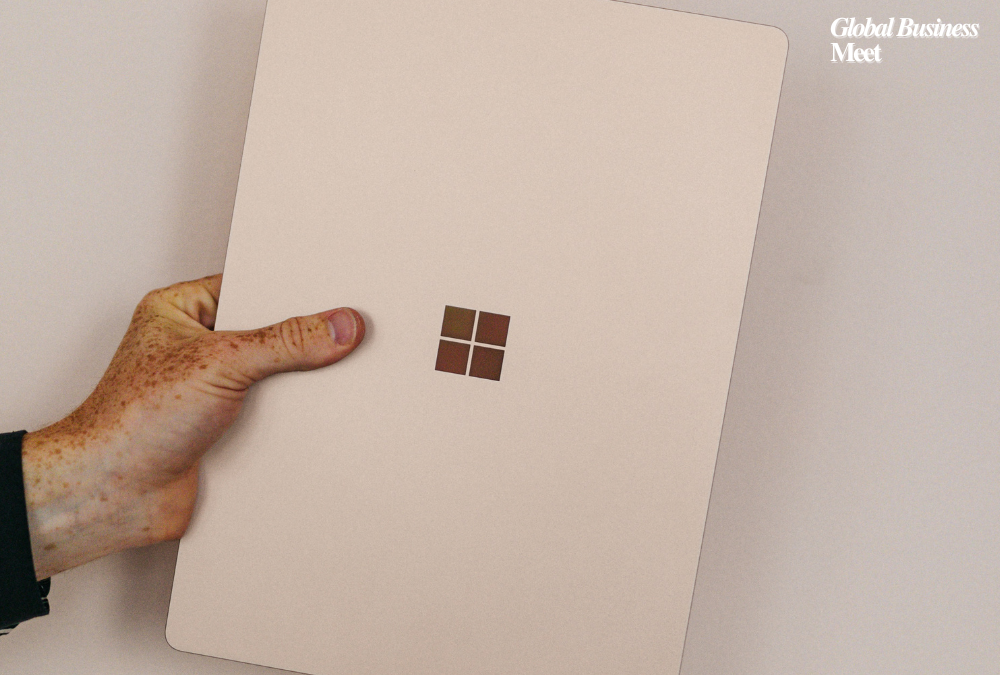
Speaking on Fox News as a potential presidential candidate, the former U.S. President Donald Trump revealed during the interview that he has found himself a pool of wealthy people who will purchase the U.S. operations of TikTok. The action follows an intense struggle between Washington and Beijing over who will own and control the Chinese-owned video app in the future and Trump said the purchasing consortium is already ready to emerge after gaining the assent of China President Xi Jinping, something which he promises to reveal within the next two weeks.
The U.S. is more vigilant than ever about TikTok because of a law passed in 2024 U.S. national security legislation, requiring its Chinese parent, ByteDance, to sell all of its American business by mid-September 2025, or be simply banned by the federal government. Trump has postponed the divestiture date three times, each time invoking the extraordinarily strong influence of the app on younger voters, even on his 2024 own campaign. The most recent deadline of September 17 is what the giant is facing as it tries to tread through the pressure of legal stresses and political demands.
Trump did not specify who the potential buyers are but alluded that they are all big American investors and technology people including Andreessen Horowitz, Blackstone, Silver Lake or power players such as Kevin O Leary and Steve Mnuchin. Other earlier developments also stated interest of technology juggernauts like Microsoft, Oracle, even Elon Musk, but those did not go too far. Trump also sounded optimistic that it will be approved by Chinese regulators, especially Xi Jinping, due to the agreement with the law on exports in China, especially regarding the sensitive recommendation algorithm at TikTok.
In the event of a successful completion of the deal, the buyer group is to assume a majority stake in at least a half of the U.S unit, with present investors holding minority positions. Nonetheless, the main barrier still remains to be an algorithm, which is one of the main factors of the success of TikTok and should be exported and controlled by a U.S. organization, which Chinese regulators will not be keen to comply with. Unless the deal passes through the Chinese, there are chances that the deal can fail resulting in a shut down in the U.S.
The statement brings up more general geopolitical and even tech-industry concerns. Trump is framing the sale of TikTok as a patriotic victory by reclaiming American authority over digital resources and making the politics of this confrontation a question of Washington, and not of technology companies. It can also be a precursor to a developing playbook on how the United States is going to act with foreign-owned technology companies whose platforms have influence over numerous domestic consumers.
Time is of essence. In January, TikTok was temporarily out of service because it missed deadlines during its divestiture but was restored after Trump pressured the Chinese government. The political status of the app is that it continues to be a lightning rod in the field of political opinion on the one hand because the matter of foreign ownership has not yet been settled in the areas of Chinese American tech wars. In the case of the consumers in the United States, uncertainty prevails: will the change of ownership affect the great experience with the much-treasured app, or will the geopolitical chilling be increased with over tariffs or any other form of trade measures.
The divestment campaign legal though it is serves as a moral and strategic vote of confidence over how America should deal with foreign technology. By pulling TikTok into the possession of giant hands of the U.S., Trump will seek to nullify the issue of national security and restore the application to be purely domestic. However, the fact that negotiating Chinese rules and intellectual property is complex introduces friction, as interested parties await formal conditions of negotiation.
The speculations of buyers will be all over Trump- or the candidate team- in the coming weeks. In case of disclosure, the deal would transform the U.S. social media landscape and represent a massive rearranging of the world tech forces. Failure, though, would jeopardize the permanent banning of the U.S. and the milestone collapse of relations between Silicon Valley and Beijing.

